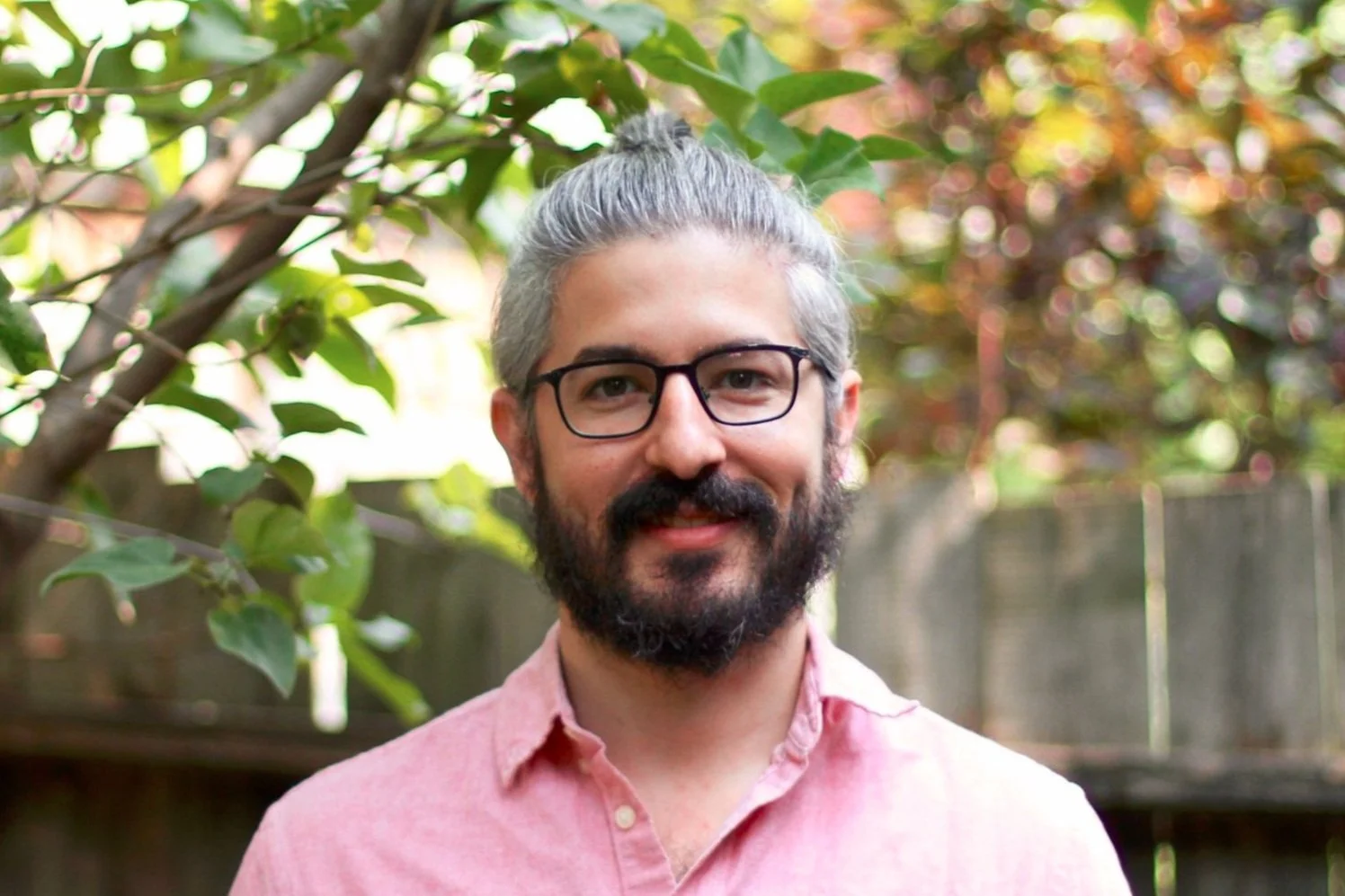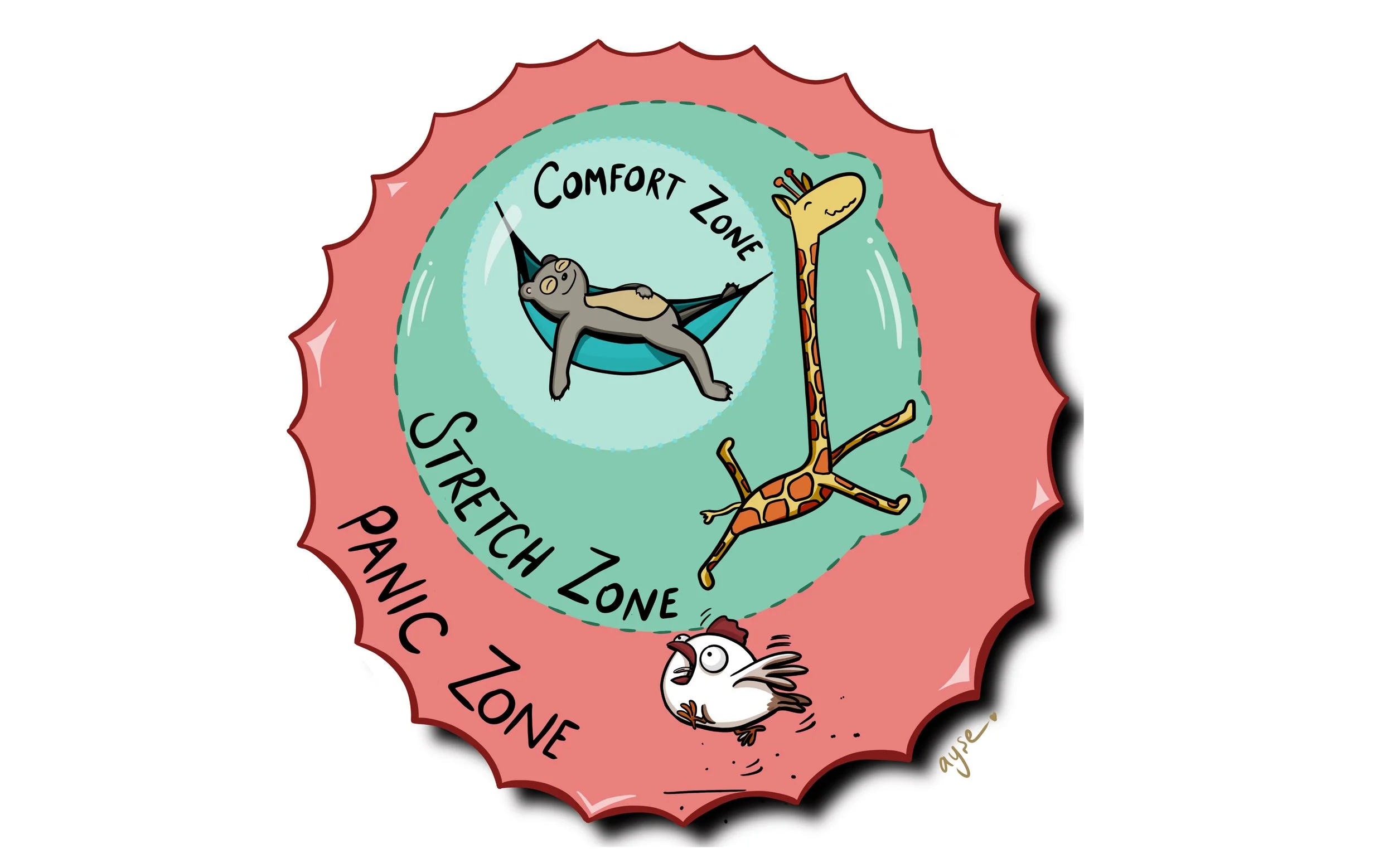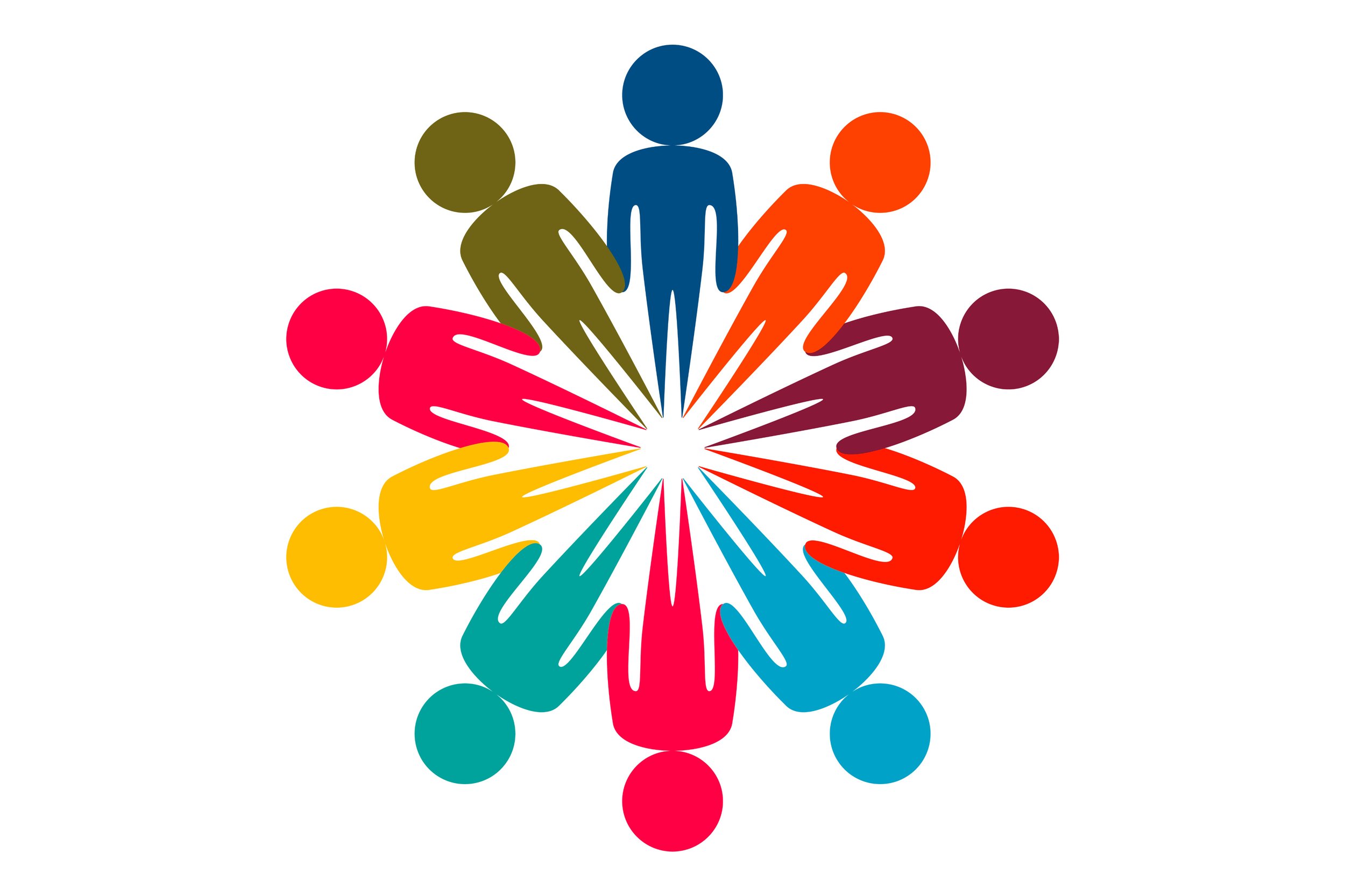
Reducing harm
Repairing relationships
Resolving problems
Welcome to Shift Mediation
Shift Mediation is a truly alternative dispute resolution practice offering mediation to parties in legal and pre-litigation disputes. We support parties and their lawyers to work together in the same room to solve their problems together.
Jeff Carolin and Rob Tarantino use their combined mediation and legal skills to offer a co-mediator model of understanding-based conflict transformation tailored to your specific needs.
Meet the Team
-

Rob Tarantino
Mediator, J.D
Rob is a seasoned advocate and trusted advisor helping clients for over a decade navigate issues and address conflict in employment, human rights, insurance and disability benefits, contract, and civil and administrative law. Rob practices as a lawyer, workplace investigator, and mediator. A graduate of Windsor Law School, Rob holds certificates in Alternative Dispute Resolution, Negotiation and Mediation from the Stitt Feld Handy Group and St Stephen’s Community House. He is delighted to practice transformational mediation with Jeff.
-

Jeff Carolin
Mediator, J.D, Q.Med
After over a decade battling it out in the adversarial system as a criminal defence lawyer, Jeff has shifted his career towards healing, repair, and conflict transformation. Supporting people to find their way back into connection has become a central passion of his, and working with Rob has given him the opportunity to follow this path. Jeff was a gold-medal winner at Osgoode Hall Law School, a recipient of Simon Fraser University’s Restorative Justice certificate, and is a qualified mediator per the Alternative Dispute Resolution Institute of Ontario.
Our Method
-
Understanding-Based
By holding the parties with unconditional positive regard, and by supporting them to engage directly in dialogue, we help the parties re-humanize each other, understand each other’s perspectives, and build a basis of empathy that enables them to work towards a mutually-satisfactory agreement. (We extend gratitude to Gary Friedman whose work among others has insworkpired our practice.)

-
Participatory
We empower and support the parties to work together, in the same room, to go beneath the surface level of their conflict to better understand both the legal and non-legal aspects of their dispute. Parties take back responsibility for their conflict and work together to achieve resolution. We believe that the parties know their conflict best and are therefore the best-positioned to transform it.

-
Transformative
Rather than transactional approaches to mediation such as shuttling offers, evaluating cases, or acting as non-binding arbitrators, we use the principles of non-violent communication and conflict transformation to help parties shift their relationship from conflict toward understanding, repair, and resolution. We believe humans have an innate ability to heal relationships when they are supported to slow down and truly listen.

Our Tools
-
Zones of Self-Awareness
The zones of self-awareness is a tool that invites us to monitor whether we are in a state of comfort, “stretch” (learning), or panic. As our mentor Shilpa Jain says, if we meet conflict in panic it will lead to breakdown, but if we can meet conflict in “stretch” it will lead to breakthrough. (Image credit: yesworld.org)

-
Compass of Reactions
Compass of reactions is a tool that allows us to note the fight or flight reactions that conflict can trigger in us. Becoming aware of our patterns lends us greater agency in moving out of reactivity and into more thoughtful and deliberate ways of responding to conflict. (Image credit: yesworld.org; Dr. Nathanson)

-
Non-Violent Communication
NVC is a method of communication that invites listening without judgment and sharing our experience about how we’ve been impacted. By focusing on each party’s feelings, needs, and values we can get to the roots of the conflict rather than getting stuck in cycles of blame. NVC supports a shift from conflict to understanding.
